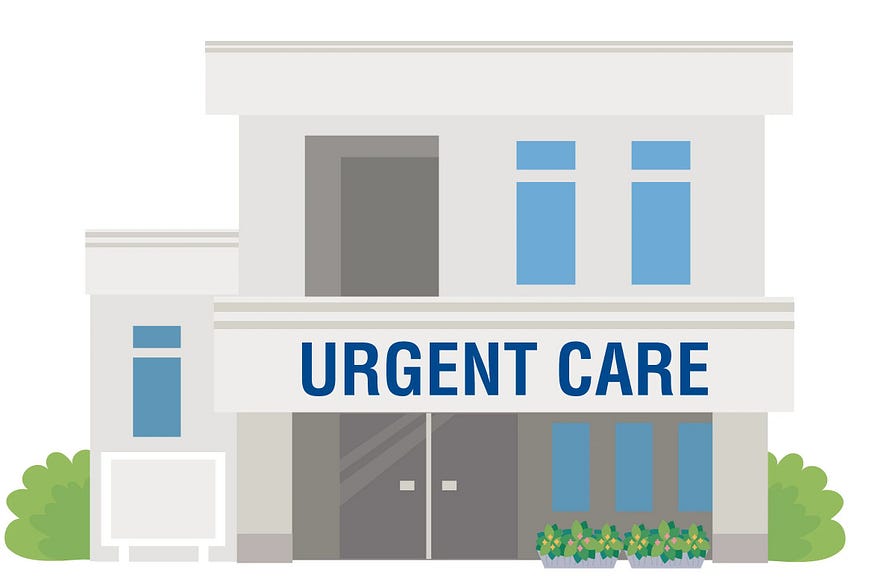
Acute illnesses and injuries can strike at any time, often when you least expect them. When faced with sudden health concerns, knowing where to seek prompt medical attention is crucial. In many cases, visiting an urgent care clinic can be the most appropriate and efficient choice. In this comprehensive guide, we’ll delve into the importance of timely treatment and explore when it’s essential to visit an urgent care clinic. We’ll cover a range of common medical scenarios where urgent care can make all the difference in your health and well-being.
Understanding Urgent Care
What is an Urgent Care Clinic?
Urgent care clinics are medical facilities that bridge the gap between primary care physicians and emergency rooms. They are equipped to handle a wide range of non-life-threatening medical issues promptly and efficiently.
Services Offered at Urgent Care Clinics
Urgent care clinics offer a broad spectrum of services, including treatment for minor injuries and illnesses, diagnostic tests, and vaccinations. They provide a convenient alternative to primary care for situations requiring immediate attention.
Importance of Timely Treatment
Prompt Attention to Minor Injuries
Discuss how minor injuries, if left untreated, can lead to complications. Highlight the importance of addressing minor injuries quickly to prevent long-term problems.
Early diagnosis of illnesses
Explain how early diagnosis of illnesses is key to effective treatment. Discuss specific illnesses that can progress if not addressed promptly.
Preventing the Spread of Contagious Diseases
Discuss how visiting an urgent care clinic when you suspect a contagious illness can help prevent its spread to others in the community.
When to Visit an Urgent Care Clinic?
Common situations requiring urgent care
- Fever and flu-like symptoms
- Sprains, strains, and minor fractures
- Cuts, burns, and abrasions
- Allergic reactions
- Infections
Red flags to look out for
Discuss symptoms or situations that should never be ignored, emphasizing the need for immediate medical attention. Examples include severe chest pain, difficulty breathing, and sudden neurological symptoms.
Benefits of Choosing Urgent Care
Convenience and accessibility
Discuss the convenience of urgent care clinics, often offering extended hours and walk-in appointments, eliminating the need for scheduling in advance.
Cost-Effective Care
Explain how urgent care clinics can be more cost-effective than emergency room visits for non-life-threatening issues, saving both time and money.
Conclusion
In conclusion, the importance of timely treatment cannot be overstated. Knowing when to visit an urgent care clinic can make a significant difference in your health outcomes and overall well-being. Urgent care clinics provide accessible, cost-effective, and efficient healthcare solutions for a wide range of medical concerns. Don’t hesitate to seek timely treatment when needed, as it can lead to faster recovery and better health in the long run.
Remember, when it comes to your health, it’s always better to be safe than sorry. Visit an urgent care clinic when appropriate, and you’ll be taking a proactive step towards maintaining your health and preventing minor issues from becoming major problems.
Comments
Post a Comment